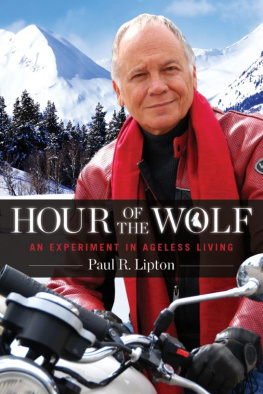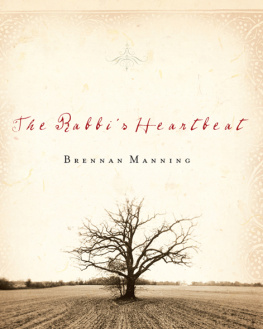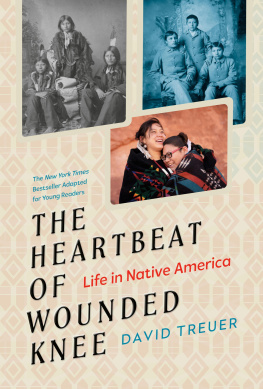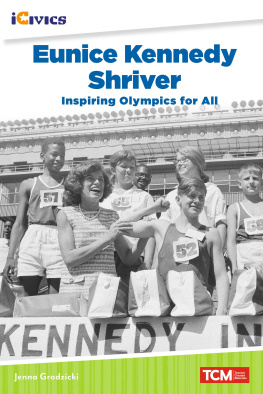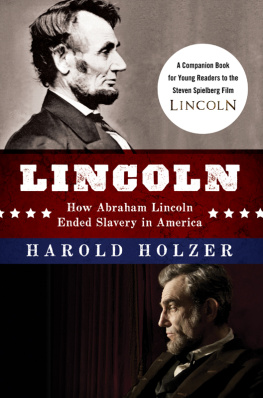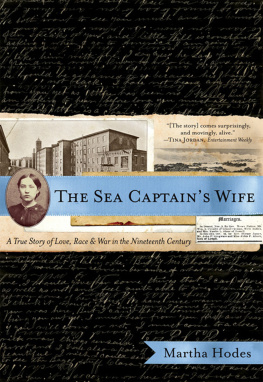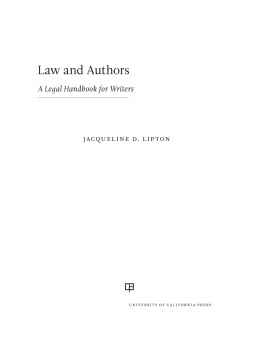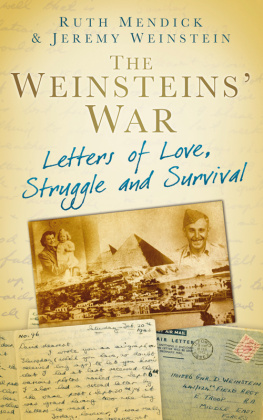
A DISTANT HEARTBEAT
Eunice Liptons A Distant Heartbeat is an intriguing memoir about an uncle she never met, set within the much broader context of the international brigades who fought against Fascism in the Spanish Civil War. A well-told tale of idealism, diaspora, and both personal and political heartbreak, it draws the reader into the authors lively (and dysfunctional) immigrant family until Uncle Daves fate resonates with us too.
LUCY R. LIPPARD, author of
Undermining: A Wild Ride Through Land Use,
Politics, and Art in the Changing West
A beautifully conceived quest-driven family memoir subtly intertwined with a cultural and political history of Jewish- immigrant New York City in the decades preceding World War II. Given its stylistic clarity, vivid approach, and its detective story qualities, readers will be unable to put it down.
LEO SPITZER, author of
Hotel Bolivia: The Culture of Memory in a Refuge from Nazism
Eunice Lipton goes beyond memoir to explore the subliminal legacies of a traumatic event, showing how history survives almost invisibly to affect future generations. Like a jeweler turning a stone, she reveals various facets of a family story that illuminates both past and present.
PETER N. CARROLL, author of
From Guernica to Human Rights: Essays on the Spanish Civil War
A Distant Heartbeat is a deeply moving, impeccably written homage to an uncle who fought and died in the Spanish Civil War. But in addition to an intimate portrait of an idealistic young man and the Jewish immigrant world that created him, Lipton also asks a question as pertinent today as it was when her uncle Dave joined the Abraham Lincoln Brigade. Why is one brother willing to die for an idea, while another brother thinks it is a wasted life?
JILL CIMENT, author of Act of God
A DISTANT
HEARTBEAT
A War, a Disappearance, and a Familys Secrets
EUNICE LIPTON
2016 by Eunice Lipton
All rights reserved. Published 2016
Printed in the United States of America
21 20 19 18 17 16 1 2 3 4 5 6
The Library of Congress has cataloged the printed edition as follows:
Lipton, Eunice.
A distant heartbeat : a war, a disappearance, and a familys secrets / Eunice Lipton.
pages cm
Includes bibliographical references.
ISBN 978-0-8263-5658-1 (pbk. : alk. paper) ISBN 978-0-8263-5659-8 (electronic)
1. Lipton, Dave, approximately 19161938. 2. SpainHistoryCivil War, 19361939Participation, American. 3. Spain. Ejrcito Popular de la Repblica. Brigada Internacional, XVBiography. 4. CommunistsNew York (State)New YorkBiography. 5. Young Communist League of the U.SBiography. 6. SoldiersSpainBiography. 7. Lipton, EuniceFamily. 8. JewsNew York (State)New YorkBiography. 9. Jewish familiesNew York (State)New York. 10. Bronx (New York, N.Y.)Biography. I. Title.
DP269.47.A46L56 2016
946.0814dc23
[B]
2015020397
Cover photographs courtesy of Eunice Lipton
Author photo by Ed Alcock / Agence Myop 2015
Designed by Felicia Cedillos
Unless otherwise indicated, all photographs are courtesy of the author.
Contents
Preface
A Distant Heartbeat is a family memoir, a detective story, and an account of a slice of American history banished from textbooks. The story here is of immigrant Left youth politics in New York in the 1930s, seen from the vantage point of a particular Jewish family. At the books center lie a terrible secret and a breathtaking betrayal, whose traces will not only litter a familys daily life for generations but will also leave their mark on a nations moral fiber.
I wrote this book as an homage to a brave and elusive uncle and to a decade in New York history, the 1930s, that I wished I had lived through, a period that produced the muscle and optimism to fight for civil rights and, later, the rights of women and gays. At the end of that decade, some 2,800 passionate Americans marched off to fight Fascism in Spain. They became the justly celebrated and unjustly maligned Abraham Lincoln Brigade, a part of the international forces, forty thousand strong in all, that rushed to democratic Spains defense.
I will share with the reader the pathos and joys of young leftists growing up in the 1930s both through the interplay of one young manmy uncle, Dave Liptonand his parents, friends, and comrades, and through scenarios lived out on the streets of New York and Paris and in the hills, fields, gullies, and mountains of Spain. To a great extent, the narrative is based on oral histories I recorded from people who lived this history as well as their e-mails and letters to me. Where I fabricate events and dialogue, I have attempted to make the hypothetical dimension absolutely clear to the reader.
A driving question for me has been: Why did some take the unusual step of living their political outrage, as well as their optimism, far from home in a seething, war-torn country, while most did not? I try to understand what might have inspired or inhibited them in their ambitious desire to do nothing less than save Spain from Fascism, and, ultimately, to stop Hitler.
HOW DO WE KNOW WHO THEY WERE?
EACH OF THEM tried to imagine where Dave was shot. They were told that it was up near Gandesa in the mountains of northeastern Spain. Some stared into small black-and-white photographs. They scanned the crushed stones and spiky brush. Others thought they could hear the dull bursts of old Russian guns or feel the heat and thirst, the fear and boredom. They tried everything. But all they got was silence. No one knew anything for sure. Only that one day in May 1938, Dave boarded a ship to France without telling his parents or brothers, that he disappeared into the Spanish Civil War.
I wish I could give you a glimpse of Dave, my uncle, as I knew him, his gait as he strolled Tremont Avenue in the Bronx, the turmoil behind his hesitant smile, his rapt attention in conversation. But I didnt know him, never laid eyes on him. I hadnt been born yet on August 20, 1938, when a sniper shot him dead in Spain. The tricky part, though, was that I thought I knew him. All the whispering and veiled looks, the photographs, the not-quite-indifferent shrugs nagged at me. My uncle Phil, the oldest of his brothers; my father, the second oldest; my mother; later friends and comradeseveryone had a position, an attitude. Some showed shyness and hesitancy, what might have been called their humble respect, others irritation, maybe disappointment. Daves letters and childish notebooks, bus schedules and theater playbills turned up. Also maps of cities, towns, and battlefields where he had stepped, where he is said to have vanished.
The family knew he went to meetings and study groups, organized demonstrations, was earnest and committed. He came from a long line of European leftists; this was especially true of his mothers brothers. But Dave was a good son. He wouldnt just leave like that. A good kid doesnt do that. What got into him?


